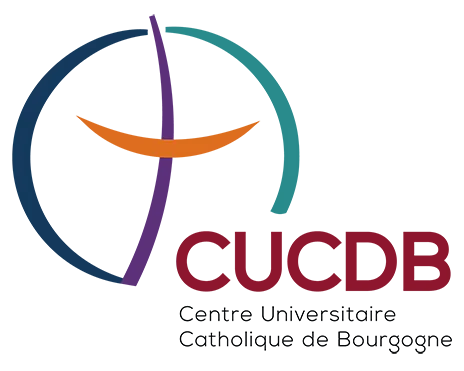How do I obtain a student visa for France?
You do not need a student visa if you are from EU and EEA countries or Switzerland. The only document needed is a valid passport to enter France and study. However, for other countries not mentioned, it is required to obtain a student visa. In that case, please check the following website :
How to Get a Student Visa for France (5 Steps) – Global Scholarships
What is the academic calendar?
The academic year is divided into two terms. The first begins mid-September and ends mid-December and is followed by an exam period in the first three weeks of January. The second term begins at the start of February and ends mid-April. It is followed by a two-month training period.
How will I be met upon arrival at CUCDB?
The person who will welcome you and help manage your stay at CUCDB is the International mobility referent Sébastien Dinet : referent.mobilite@cucdb.fr
The CUCDB organizes a welcome day for exchange students. It will take place as follows:
– Morning: welcoming students, taking a tour of CUCDB, administrative formalities, pairing up of incoming students and CUCDB student mentors.
– Noon: lunch with CUCDB students, time to chat and get to know each other !
– Afternoon: visit of Dijon (walking tour of the city centre, Place de la Mairie, Musée des Beaux-Arts, Maison Millière, La Chouette, Tour Philippe le Bon etc.).
How do I find housing?
Renting or sharing
There is a wide range of accommodation on offer, from U rooms to shared flats. The Dijon Crous manages more than 3,600 rooms and studios. Solutions are also available in the 13 private residences (1,300 units), in the other school residences and hostels (970 places).
From small flats to shared flats, in the city centre or close to the campus, there are 6,200 accommodations dedicated to students. This does not include the private sector, which offers flats for rent or shared accommodation through estate agents.
To help you find accomodation : Aide pour trouver un logement / Bienvenue aux étudiants / Étudiants – Jeunesse / Dijon au quotidien – Ville de Dijon
CROUS accommodation
Whether you are a scholarship holder or not, you can apply for accommodation from CROUS (priority allocation based on resources).
To help you find CROUS accomodation : here
Around CUCDB
RESIDENCE LES ESTUDINES (PARTNERSHIP WITH CUCDB – REDUCED APPLICATION FEES)
Fully-equipped and furnished studio apartments.
2 avenue de Champollion, 21000 DIJON Tel : 03 80 78 16 07
NEMEA APPART’ETUD – Résidence Dijon-Eiffel (partnership with CUCDB)
Residence, fully furnished and equipped flats, Studio and T1. 8/12 rue Chanoine Vinceneux – 21000 DIJON
RESIDENCE “LES BELLES ANNEES” (partnership with CUCDB
Residence, fully furnished and equipped flats, Studio and T1. 3, allée Chevalier de la Barre – 21000 DIJON
How much should I budget?
The cost of living in France corresponds to the European average. You should budget approximately €800 per month to cover housing (average room rental in Dijon is €280/month, €450 for a T1), food, transport, medical care and entertainment.
Can I take French classes at CUCDB?
Sure! If you’re an ‘Erasmus+’ exchange student, you can even get a head start on improving your French before your programme begins, by taking online classes on the OLS platform.
As most of the courses at the CUCDB are taught in French, we are offering our incoming students the opportunity to take FLE (Français Langue Etrangère) courses. These courses will take place at the CUCDB (integrated into the timetable) and will be taught by external lecturers specialising in teaching French as a foreign language.
Do I need to buy health insurance?
In France, all students must have health insurance.
If you are a national of a European Union country or of Iceland, Liechtenstein, Norway or Switzerland, consider requesting your European Health Insurance Card, provided free of charge and allowing you to access the same health care available to French people. More information here : European Health Insurance Card (EHIC) | Service-public.fr. Upon arrival in France students may join a mutual insurance company (€100-120/year).
What about other insurance?
In principle, your home university should continue to insure you against accidents and civil liability during academic activities. Please contact your university to learn about the terms of its insurance policies.
If it does not provide insurance for you, as a registered CUCDB student you receive ‘accident’ coverage (including during transport between your housing and the university, study trips, internships) and ‘civil liability’ coverage for academic activities.
Please be advised ! There is no ‘accident assistance’ component for accidents that take place in France (e.g. repatriation to your home country in case of accident).
Does CUCDB only admit catholics or christians?
No. Students of many religions attend CUCDB, and no religious involvement is required.

